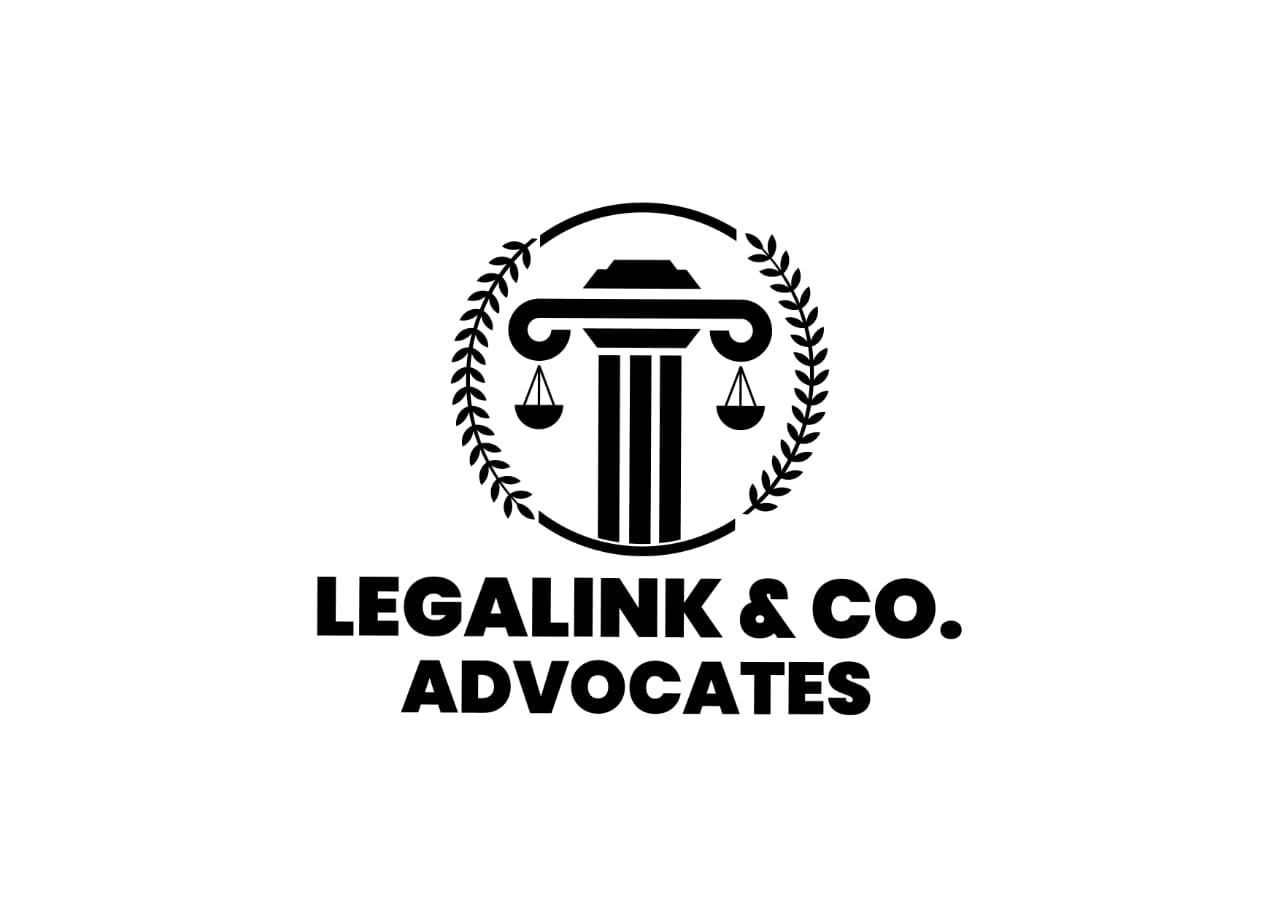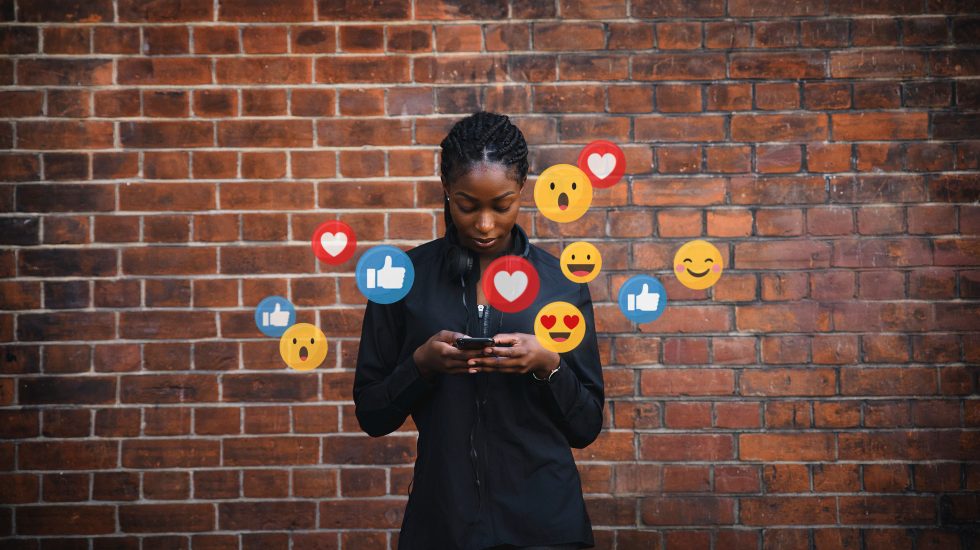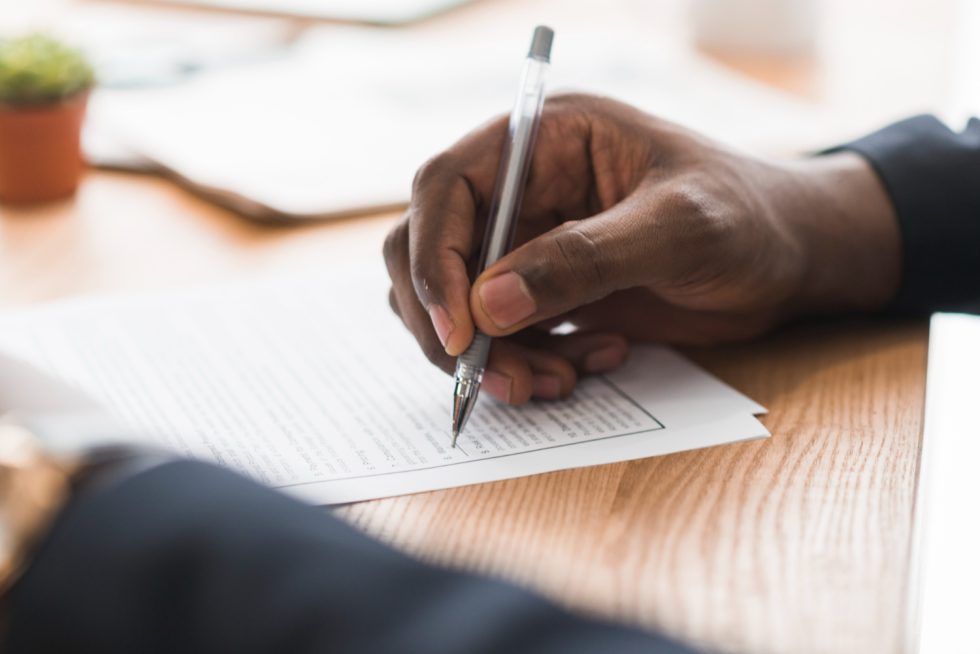In today’s digital age, social media platforms have become an integral part of daily life, enabling individuals and businesses to connect, share, and communicate more effectively than ever before. However, with the rapid growth of social media comes an increasing need to understand its legal implications. From defamation to data privacy issues, the legal landscape surrounding social media usage is becoming increasingly complex. This article explores some of the key legal concerns related to social media usage and why it’s crucial to be aware of the potential risks.
1. Defamation and Online Reputation
One of the most significant legal issues associated with social media usage is defamation. Defamation refers to false statements made about an individual or organization that damage their reputation. On social media, defamation can spread quickly due to the viral nature of posts, leading to significant harm to one’s reputation and even legal consequences.
-
Types of Defamation:
-
Libel: Written or published false statements, such as those made in social media posts or comments.
-
Slander: Spoken false statements, which can be shared through videos or voice messages on platforms like Facebook or Twitter.
-
-
Legal Recourse: If you are a victim of defamation, you may be entitled to seek damages or have the defamatory post removed. Conversely, if you are accused of defamation, you could face legal action if your statements are proven to be false and damaging.
-
What You Can Do: To avoid defamation claims, it’s important to verify the information you share on social media and refrain from making false or damaging statements about others.
2. Privacy and Data Protection
Social media platforms collect vast amounts of personal data from their users, which can raise concerns about privacy and data protection. This data can be misused, sold, or exposed to unauthorized parties, leading to privacy violations.
-
Data Protection Laws: Many countries, including Uganda, have enacted laws aimed at protecting personal data. In Uganda, the Data Protection and Privacy Act, 2019, regulates the collection, storage, and processing of personal data.
-
Social Media and Data Privacy: By using social media, individuals often consent to share their personal data, but this data can be exploited in ways users may not fully understand. Social media companies may use data for targeted advertising or even share data with third parties.
-
What You Can Do: To protect your privacy on social media, review the privacy settings of your accounts, limit the amount of personal information you share, and be cautious when accepting friend requests or interacting with unknown parties.
3. Intellectual Property and Copyright Issues
Another key legal concern on social media is intellectual property (IP) rights. Sharing content such as images, videos, or music on platforms like Instagram, YouTube, and TikTok can lead to IP infringement if proper permissions are not obtained.
-
Copyright Infringement: Social media users often share content they do not own, which can violate copyright laws. If you share copyrighted material (such as photos, music, or videos) without permission, you could face legal action from the copyright owner.
-
Fair Use: In some cases, using copyrighted content may fall under “fair use,” especially for purposes like commentary, criticism, or parody. However, this is a complex legal area, and what constitutes fair use can vary depending on the jurisdiction.
-
What You Can Do: Always ensure that you have the right to share content before posting it. If you’re unsure, either obtain permission from the content owner or use royalty-free content.
4. Cyberbullying and Harassment
Cyberbullying and harassment on social media are becoming increasingly prevalent. Social media platforms provide anonymity, which can encourage harmful behavior, including bullying, threats, and harassment.
-
Legal Implications: In many jurisdictions, cyberbullying is considered a criminal offense, and individuals can face criminal charges for engaging in online harassment. Victims of cyberbullying may also have legal recourse to seek protection orders or file lawsuits for emotional distress.
-
What You Can Do: To protect yourself, block and report users who engage in harassment. If you are the victim of cyberbullying, keep records of any threatening messages or posts and consider seeking legal advice.
5. Employment and Social Media
Social media usage can have significant implications for employment, both for employees and employers. Social media profiles often serve as an extension of an individual’s professional persona, but inappropriate posts can lead to disciplinary action or even termination.
-
Employer Concerns: Employers may review social media profiles during the hiring process or monitor employees’ social media activity during employment. Posts that reflect poorly on the company, or that involve harassment, discrimination, or other inappropriate conduct, can result in disciplinary action.
-
Employee Concerns: Employees also have the right to free speech, but this can be limited if their social media activity negatively impacts their job or the employer’s reputation. In some cases, public posts about workplace conditions, colleagues, or clients may breach confidentiality agreements or company policies.
-
What You Can Do: Be mindful of the content you post online, especially if it involves your workplace or colleagues. Employers should implement clear social media policies that outline acceptable online conduct and the potential consequences of violating those policies.
6. Online Contracts and Agreements
Many transactions are now conducted online, including buying goods, services, or even signing contracts through social media platforms or third-party websites. The legality of these online contracts can sometimes be questioned.
-
Enforceability of Online Contracts: Agreements made through social media or e-commerce platforms are generally enforceable, provided they meet the standard legal requirements of any contract, including mutual consent, consideration, and the legal capacity of both parties.
-
What You Can Do: Always ensure that you understand the terms and conditions of any contract you enter into online. Be cautious when entering agreements on social media platforms, especially if they involve financial transactions or personal data.
Conclusion
While social media is an invaluable tool for communication, business, and entertainment, it’s important to be aware of its legal implications. By understanding the potential legal risks involved in social media usage, you can take proactive steps to protect your privacy, reputation, and rights. Whether it’s avoiding defamation, safeguarding your intellectual property, or ensuring your online actions comply with data protection laws, being informed can help you navigate the digital world safely and responsibly.
If you ever find yourself in a legal dispute arising from social media, it’s advisable to consult with a legal expert who can help you understand your rights and navigate the complex legal landscape of the digital world. At Legalink & Co. Advocates, we are here to guide you through any legal challenges related to social media and online behavior.



1 Comment
Denis Wogisha
Oct 22, 2025This is a good article. Thanks for sharing